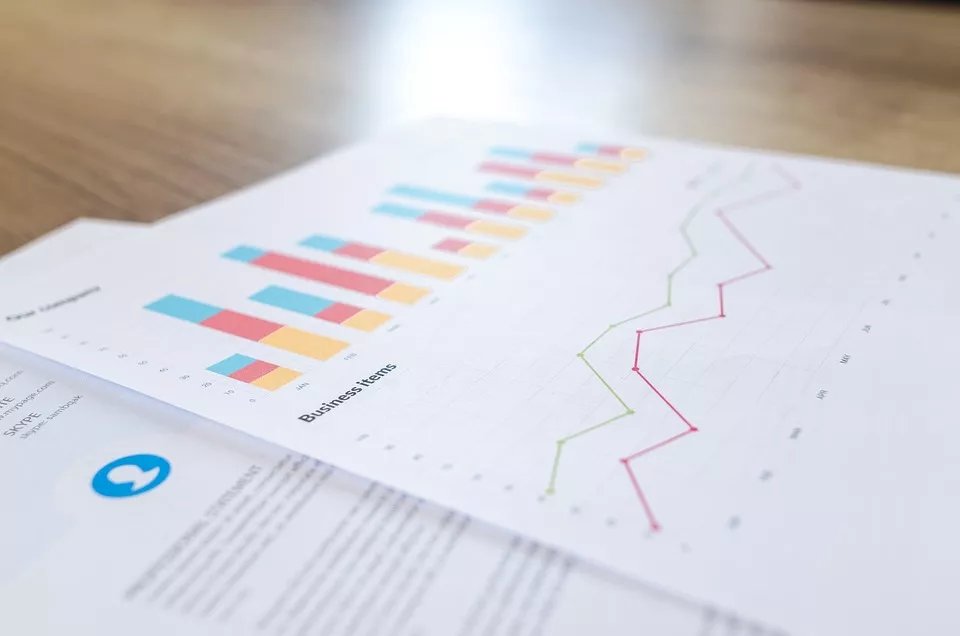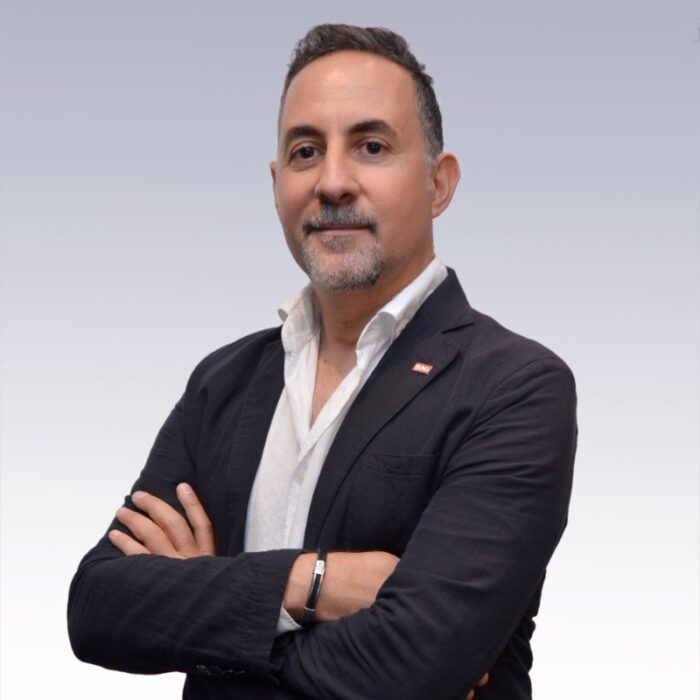In 2024, African startups raised a total of $3.2 billion in equity and debt testifying to the potential of the continent’s private equity market, according to the latest annual report from Partech Africa, a benchmark in the sector.
With $520 million raised, Nigeria tops the ranking, followed by South Africa ($459 million), Egypt ($297 million), Kenya ($221 million) and Ghana ($102 million). Morocco, meanwhile, took in « only » $82 million, ranking sixth, a long way behind the African « Big Four », which together account for 67% of private equity on the continent.
Private equity involves taking equity stakes in unlisted companies to finance their startup or development.
The sectoral breakdown of equity fundraising confirms the pre-eminence of fintech in the African technology ecosystem, with $1.3 billion raised, or 60% of financing. Cleantech (9%), e-commerce (7%), business services (7%) and agritech (4%) account for the remainder.
Disparities and reluctance
Far from being anecdotal, this ranking highlights the disparities that persist between the major investment hubs and the Moroccan market which is still too dependent on traditional financing. Every year, over 400 billion dirhams are injected into companies in the form of bank loans and intercompany debt leaving little room for private equity which is essential to the development of a more dynamic and resilient entrepreneurial environment.
Unlike debt financing, which weighs down companies’ balance sheets and limits their room to maneuver, private equity provides access to financial resources without generating excessive debt and allows companies to benefit from the support and expertise of investment funds.
« Most company financing is still based on debt, which weakens the ecosystem« [/blockquote]
« With fewer than 10 private equity deals , Morocco is struggling to establish itself as an African financial hub. Despite its solid infrastructure, business financing is still largely debt-based which weakens the ecosystem. Countries like Egypt, South Africa and Nigeria invest up to 70 times more in venture capital than Morocco. We’re still a long way from international standards, » laments Hassan Medaghri Alaoui, founding partner of Dealflow, the first African digital platform dedicated to divestment and fund-raising operations.
For this former investment banker, the delay can also be explained by an investment culture that is still not deeply rooted in Morocco, where private equity is often perceived as a loss of control rather than a lever for growth, due to the reluctance of managers to open up their capital to outside investors. Added to this is a lack of awareness among Small-to-Medium-sized-Enterprises (SMEs) who are unaware of the opportunities offered by this mode of financing as well as a historically high entry point.
« The first investment funds, anxious to limit risk, favored large investments targeting large, well-structured companies, to the detriment of SMEs and mid-sized companies », he explains.
As a result, many companies that could have benefited from this type of financing were excluded from the market, as they did not meet the funds’ criteria.
Democratization
But how can this situation be changed and the market revitalized? For Dealflow’s CEO, several avenues can be explored. Firstly, it is essential to democratize access to private equity by developing financing vehicles tailored to SMEs. « Today, over 100,000 mid-sized companies could be eligible for private equity, but they remain largely off investors’ radars », he explains.
« Countries like Egypt, South Africa and Nigeria invest up to 70 times more in venture capital than Morocco
Secondly, the market needs to be better structured, through platforms that facilitate contact between entrepreneurs and investors. A case in point is Dealflow, which sees itself as a deal « facilitator. » Co-founded by three former finance executives in Morocco, the platform aims to create a digitalized ecosystem bringing together all parties involved in the transaction including investors, investment banks, specialized lawyers and chartered accountants, to promote private equity.
Since its launch, Dealflow has already aggregated three billion dirhams in valuation and federates a community of investors representing Moroccan and trans-regional funds with over five billion dirhams of available capital. « Our role is precisely to accelerate this process by giving companies greater visibility and making the search for financing more fluid, so that investors and companies can identify opportunities more easily », stresses Hassan Medaghri Alaoui.
Finally, emphasis should be placed on supporting companies in their transition to private equity, with programs focusing on education and awareness-raising. « Entrepreneurs need to understand that private equity is not just a financial contribution, but also a strategic support that strengthens corporate governance and growth », insists the former investment banker.
A joint effort between investors, public authorities and financial market players could thus accelerate the integration of private equity into the Moroccan economic landscape, and enable the Kingdom to compete with the African Big Four.
Written in French by Safae Hadri; edited in English by AngloMedia Group


